Set in 1914, amidst the early months of World War I, The Last Front takes us to a lesser-known period of history. Director Julien Hayet-Kerknawi brings us to Flanders, Belgium, to witness the horrific “Rape of Belgium” as invading German forces unleash violence upon innocent civilians.
We follow farmer Leonard Lambert and his family, whose quiet lives are shattered with the arrival of the brutal Lieutenant Laurentz and his regiment. Though not a large production, Hayet-Kerknawi’s debut feature aims high. With its focus on ordinary people facing extraordinary circumstances, the film spotlights a tragic chapter that has faded from memory.
While an imperfect work, strong central performances help elevate the dramatic tale. Iain Glen and up-and-coming actress Sasha Luss anchor the film with grounded and feeling portrayals of parents fighting to protect their children from the ravages of war.
Flanders 1914
At the onset of World War I, farmer Leonard Lambert resides in a small Dutch village with his son Adrien. Though a widower, Leonard remains devoted to his family and farm. He disapproves of Adrien’s blossoming romance with the daughter of the local doctor, worried about societal divisions as much as his son’s wellbeing.
Nearby, Lieutenant Laurentz and his regiment of German soldiers cut a destructive path towards France. Laurentz harbors an unstable nature exacerbated by issues with his domineering father, who commands the troops. When the soldiers encounter resistance from French troops, Laurentz responds brutally. He unleashes wholesale violence against innocent civilians in a nearby town, murdering men, women, and children alike.
Word of Laurentz’s monstrous acts reaches Leonard’s village. However, the war has yet to disturb everyday life. Adrien’s forbidden love continues much to Leonard’s chagrin. But that calm won’t last. Soon, Laurentz and his soldiers arrive, descending upon Leonard’s farm. Laurentz seeks supplies and conflict, wasting no time, provoking Leonard into a confrontation that ends in bloodshed.
With his family under attack, Leonard realizes he must take action. He races to warn villagers of the impending danger. From this point, Leonard reluctantly steps into a new role, organizing the community’s resistance against the occupying force. Father Michael, the local priest, assists by providing weaponry stored in the church’s crypt.
Leonard’s defiance angers Laurentz, exacerbating the hostile lieutenant’s cruel tendencies. Laurentz murders Adrien and shoots Leonard’s young daughter, Johanna, leaving her for dead. A cat-and-mouse game ensues between the farmer-turned-freedom fighter and his deranged enemy. Leonard will stop at nothing to avenge his family and save the innocent people of his town from further harm.
Laurent’s father, the commanding officer Maximilian, disapproves of his son’s ruthless conduct, recognizing its potential to undermine discipline. Thus the two officers come to represent the old military establishment opposing a new, more brutal German nationalism personified by Laurentz.
Capturing the Horrors of War
Director Julien Hayet-Kerknawi faced big challenges bringing this grim WWI story to the screen. With limited resources, he had to make the battles and violence feel authentic while avoiding gratuitousness. Often he succeeds, thanks in large part to location filming and cinematography that immerse you in the era.
Scenes take place among the centuries-old buildings of Belgium, with nary a modern sight. You feel transported right to the muddy trenches and grain-filled farmhouses of 1914. Xavier Van D’huynslager’s cinematography deserves praise here, using the picturesque yet run-down locales to full effect. His wide shots of the Belgian countryside dancing with firelight create an eerie atmosphere.
The film doesn’t shy away from showing war’s horrors. Yet it does so judiciously, focusing on the emotional toll rather than glorifying bloodshed. Violent clashes prove genuinely tense and unsettling. One almost forgets the actors’ safety amidst the realistically depicted chaos and gore of close-quarters combat.
At times, though, flaws emerge. A few early scenes fall short due to choppy editing or odd musical cues. The director would have been wise to slow things down and let natural tension build more organically. Additionally, some melodramatic dialogues between characters feel stilted and on-the-nose.
But where Hayet-Kerknawi unleashes his vision unrestrained, the results impress. A climactic battle by night sees villagers fight invaders amid dense fog, the chaos magnified by disorienting cinematography. Quieterhuman moments also shine, like when a townswoman slaps Laurentz in anger—her piercing defiance still ringing in your ears.
With a larger budget, this director could dial down flaws and tap more fully into his ability to craft gripping wartime filmmaking. Even with limitations, he succeeds in giving audiences a visceral sense of Flanders’s horrors during that dark chapter of history.
Compelling Lead Performances
One area where “The Last Front” truly delivers is in its accomplished lead acting. Iain Glen and Sasha Luss anchor the film as resilient souls thrust into chaos by the invasion. As strapping farmer Leonard Lambert, Glen brings the grit and gravity the role demands. You believe this man’s frustration at war’s arrival and fierceness in defending his community. Yet Glen ensures Leonard remains a stoic, pragmatic figure even in duress—just the steady hand people need.
Luss also excels as Louise Janssen, the daughter of a prosperous doctor. Fiercely loyal to her secret love Adrien, Louise must tap wild bravery when violence finds her. Luss conveys Louise’s terror in scary moments while retaining her spirited defiance. Their tender scenes together truly pull you in. Both leads make their real-life Belgian characters feel authentic, for all the stars hail from elsewhere.
Speaking of, a special note must go to Joe Anderson and Philippe Brenninkmeyer’s nuanced work as the troubled father-son officer duo. Anderson lets loose a chilling, unhinged intensity as the sadistic Lieutenant Laurentz. But there’s a wounded soul underpinning that fury, which Anderson shrewdly shows too. Meanwhile, Brenninkmeyer portrays Laurentz’s father, the proper commander Maximilan, with the right blend of stern severity and building exasperation over his son. Their fractious relationship proves a compelling thread, and one actor of lesser skill could’ve botched.
Among supporting players, always reliable Kevin Murphy stands out. As the Lambert farmhand Fergal, Murphy brings humor, heart, and his usual Irish charm. Watching his kindly character plunge into conflict lends real pathos. Elsewhere, young James Downie affectedly plays Adrien, the rebellious son torn between duty and love. And David Calder is a stalwart, dignified priest figure vital to his community’s resilience. Together, this committed cast succeeds in fleshing out characters who feel authentic to their tumultuous times.
With such strong performances at its center, “The Last Front” often overcomes storytelling faults. Even when the writing or editing stumbles, the compelling actors grounded in their roles keep viewers invested in these ordinary people’s extraordinary struggles. Their collective talents ensure this tale of wartime adversity remains compelling all the way to its climactic conclusion.
Illuminating a Forgotten Horror
Most know World War I as the war to end all wars, yet few recall the specific horrors endured by Belgium. Director Julien Hayet-Kerknawi aimed to shed light on this dark episode with The Last Front. He centered his film on the notorious “Rape of”Belgium”—Germany’s 1914 invasion, which flouted that nation’s neutrality. Their forces brought ceaseless terror upon Belgian townsfolk with a campaign of violence, destruction, and atrocity that shocked Europe.
In recreating this forgotten period, Hayet-Kerknawi cast a new perspective on characters through a historical lens. Lieutenant Laurentz embodied the lawlessness of frontline troops driven mad by war. Unchecked by higher-ups, they took revenge through rampant brutality. His character parallels real soldiers who burned cities and massacred civilians under the false guise of franc-tireur resistance.
Meanwhile, Commander Maximilan distanced himself from such carnage as befitted a traditional German officer. But even he couldn’t contain the savagery loose in the ranks. The father-son dynamic mirrored rising generational divides within wartime Germany’s leadership. Many old aristocrats, like Maximilan, found their authority rejected by a new order of brutalized junior officers and enlisted men.
Hayet-Kerknawi also spotlighted how faith empowered Belgian communities to persevere through the apocalypse descending upon them. Father Michael symbolized religion not as a passive force but as one that rallied spirits in dark times. Scenes where he opens the church crypt to arm townsfolk showed faith could empower resistance, not just prayer.
The film brought to vivid life debates still relevant today—how civilians suffer most in war and whether opposing tyranny through violence can ever be justified. By locating these themes in a little-known campaign, The Last Front performed a valuable public service. It reminded viewers that even the smallest nations deserve to be remembered for their great suffering and tenacious survival against immense odds. Some debates, it seems, will never stop being worth having.
Potential Hampered by Inexperience
The Last Front showed Julien Hayet-Kerknawi has ambitions of illuminating forgotten history and generating thoughtful drama. His efforts to portray the horrors of Germany’s invasion in Belgium and its impact on ordinary lives hold value. The performances he drew from veterans like Iain Glen and rising talents like Sasha Luss proved he knows how to guide strong acting. However, Hayet-Kerknawi’s inexperience produced flaws that hindered his potential.
The narrative would have benefited from more nuanced characters instead of clichéd archetypes. While Laurentz certainly embodied the savagery of loose cannon frontline troops, making him a singular villain diluted deeper commentary. His underdeveloped motivations and one-dimensional nature weakened the film’s thematic heft. Dialog also stumbled in spots, despite earnest efforts to explore complex issues like faith, community, and conscience during war.
With more feature films under his belt, Hayet-Kerknawi could learn to craft multifaceted characters and natural conversations that serve rich stories. Greater experience wielding tension and execution of staging climax battles would also boost his abilities. Though limited funds constrained The Last Front, persistence could help him secure backing to fully realize grander ambitions.
While debut faults are understandable, this shows Hayet-Kerknawi has an eye for weighty historical material and proficiency coaching actors. With time to hone his narrative and direction skills, he may yet explore such topics in a manner that inspires as much as it entertains. For a first effort, it indicated a director worth watching as his craft matures.
The Review
The Last Front
While The Last Front glimpsed promise in shining light on Belgium's suffering during WWI, director Julien Hayet-Kerknawi's narrative and character shortcomings as an unseasoned filmmaker held it back from fully honing its powerful material. Nonetheless, with its commendable efforts to memorialize forgotten history and strong performances throughout, it proves Hayet-Kerknawi has a flair for weighty drama that deserves future chances to evolve his formidable talents.
PROS
- Shed light on forgotten atrocities of Belgium in WWI
- Strong central performance by Iain Glen
- Ambitious to bring historically-based drama to mainstream
- Gripping depiction of wartime occupation and resistance
CONS
- One-dimensional villain hindered nuanced commentary.
- Uneven narrative flowed due to inexperience.
- Dialog lacked naturalism at times.
- Underdeveloped characters beyond leads





































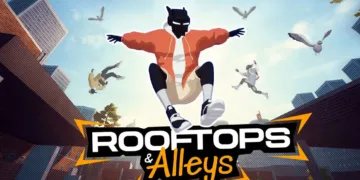
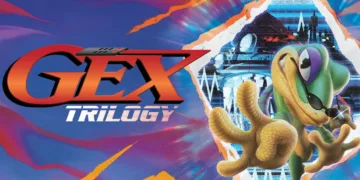
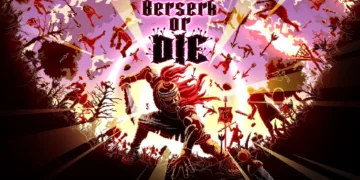

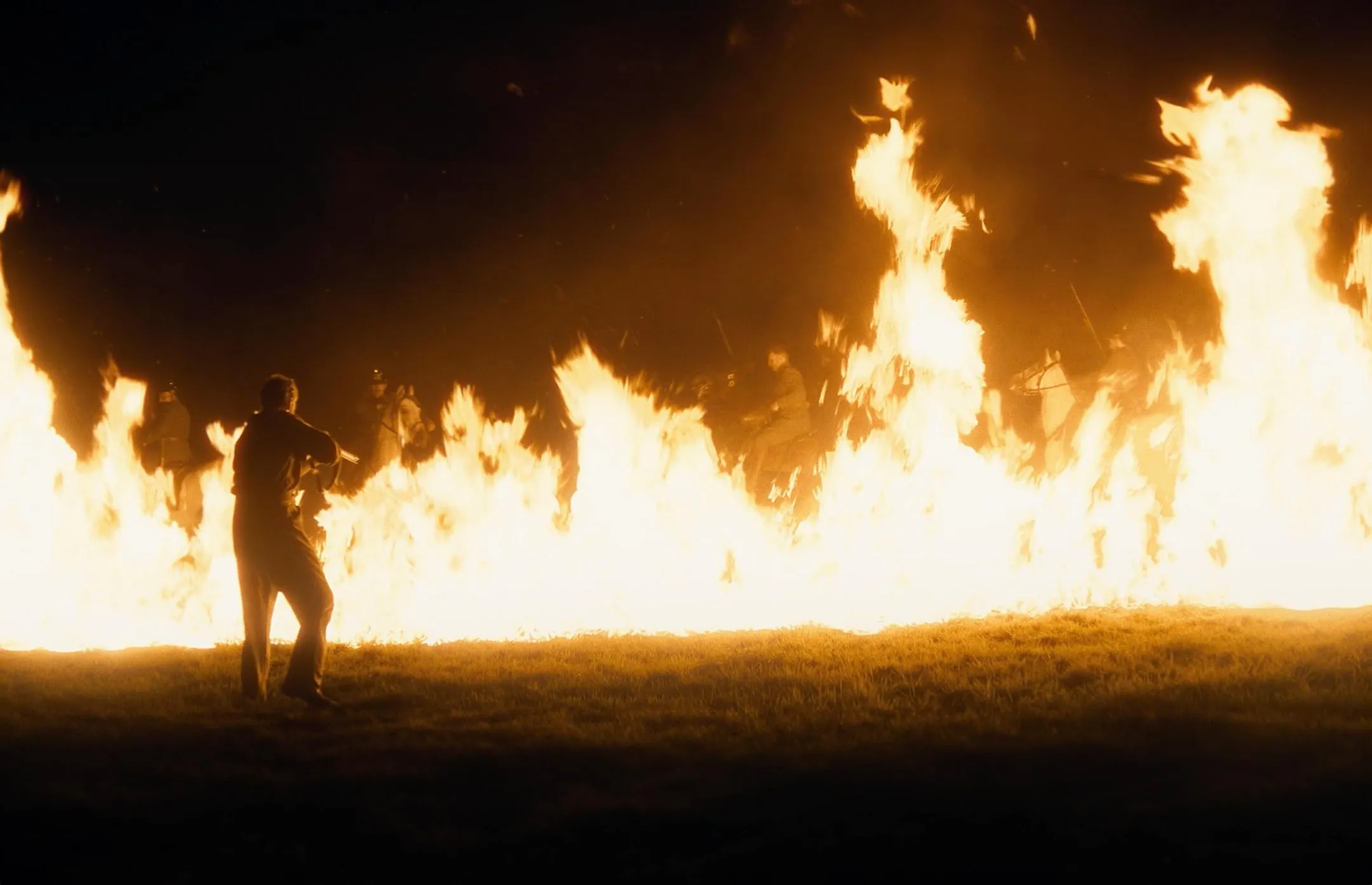
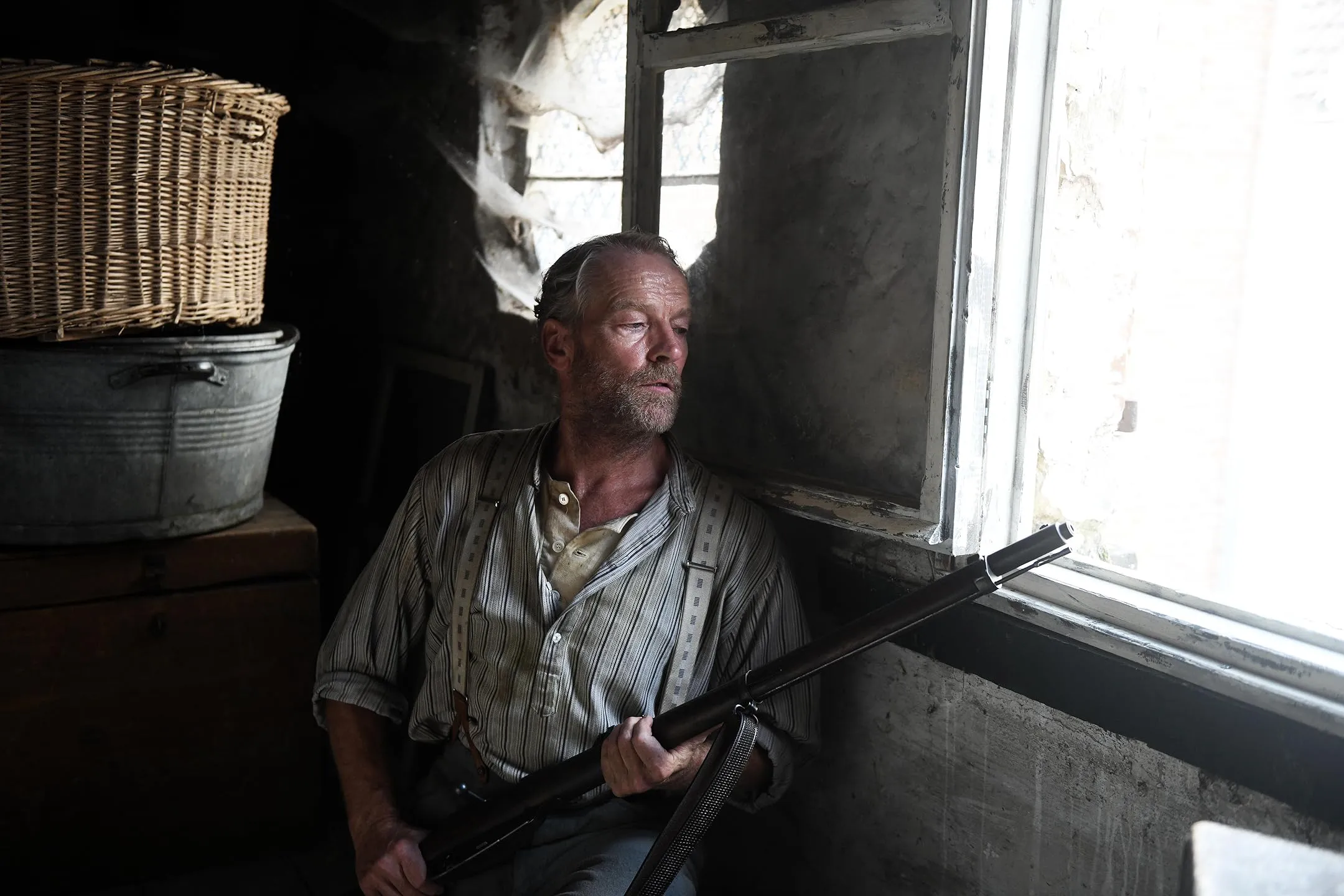
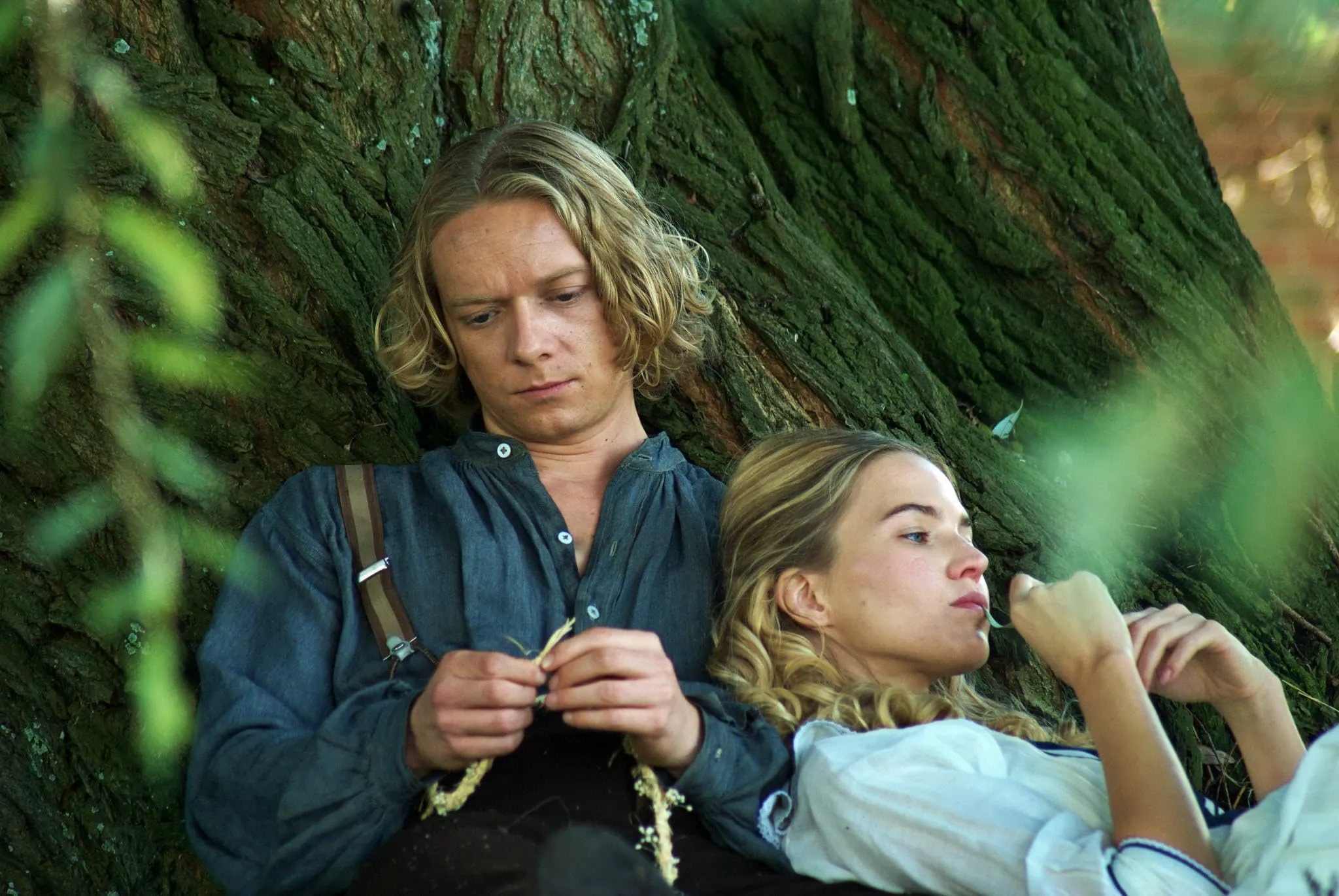
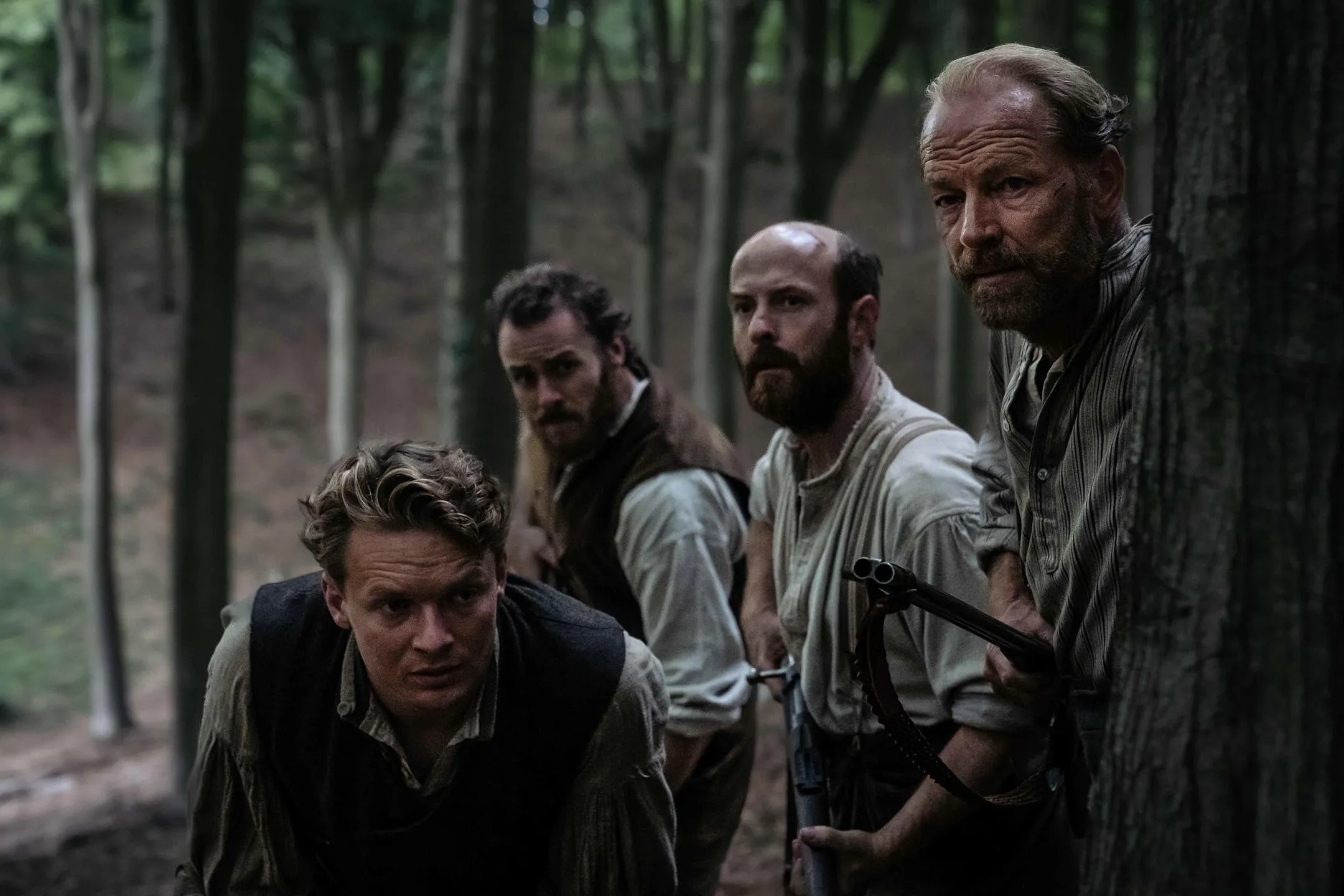








Discussion about this post